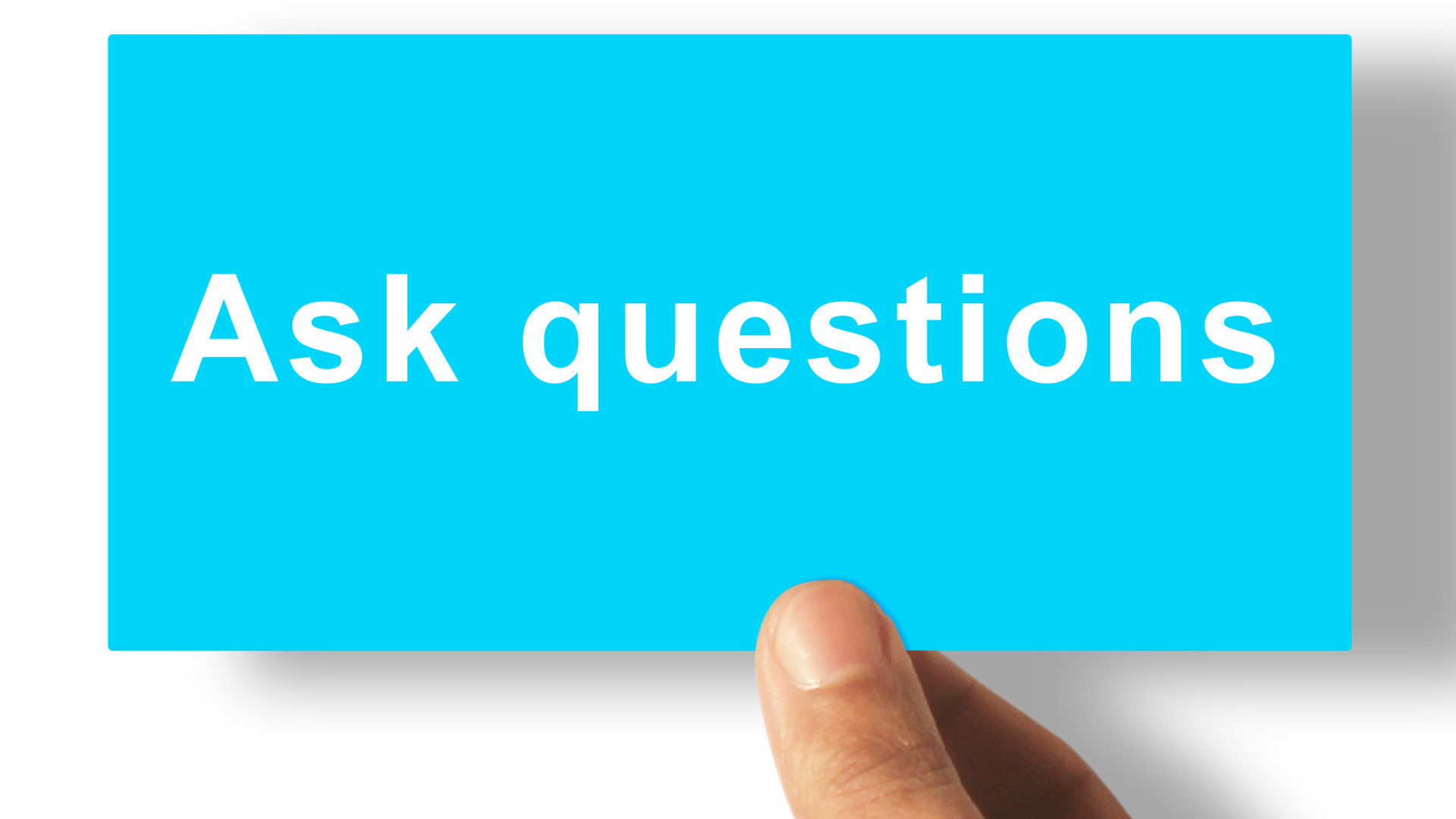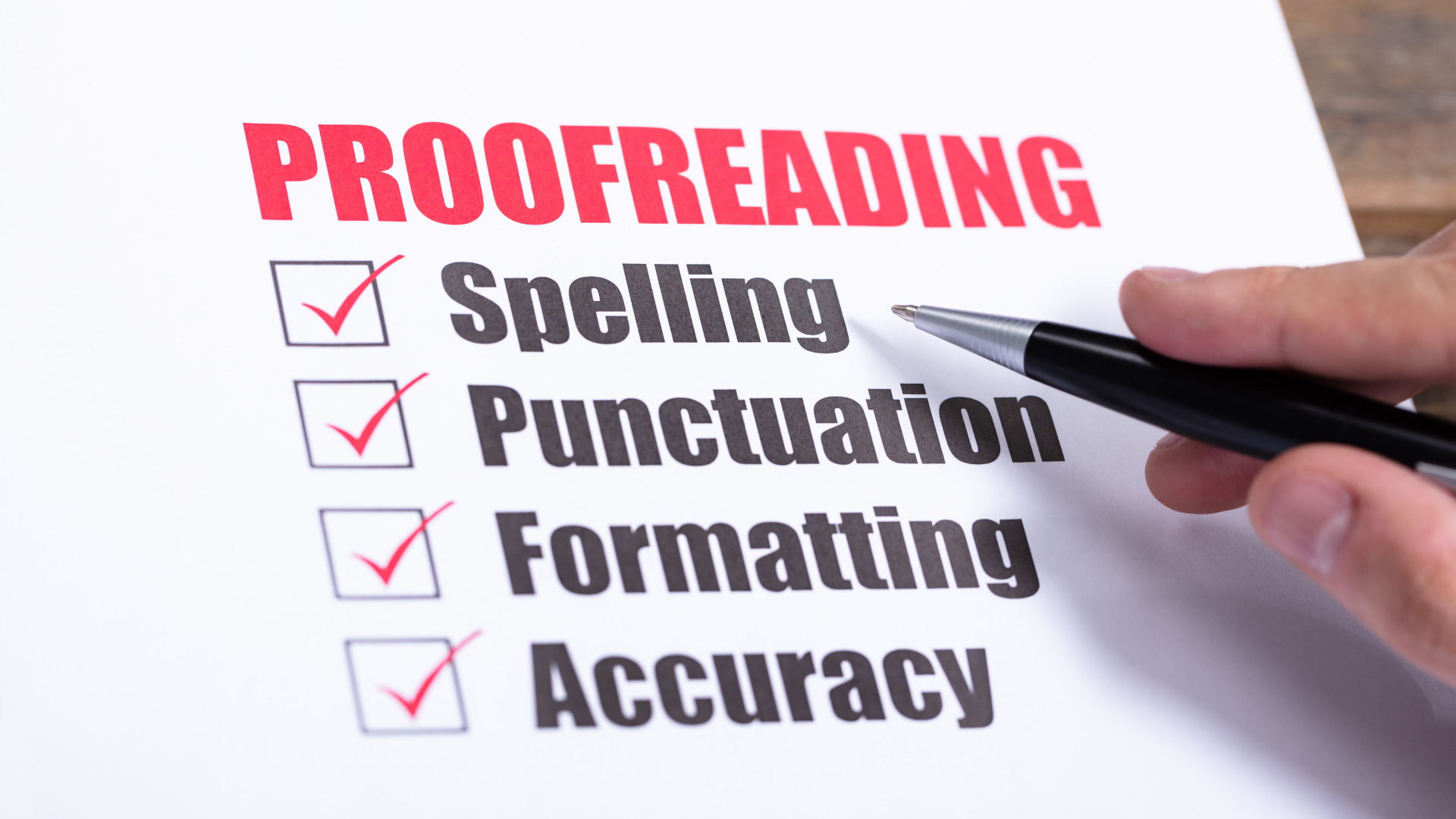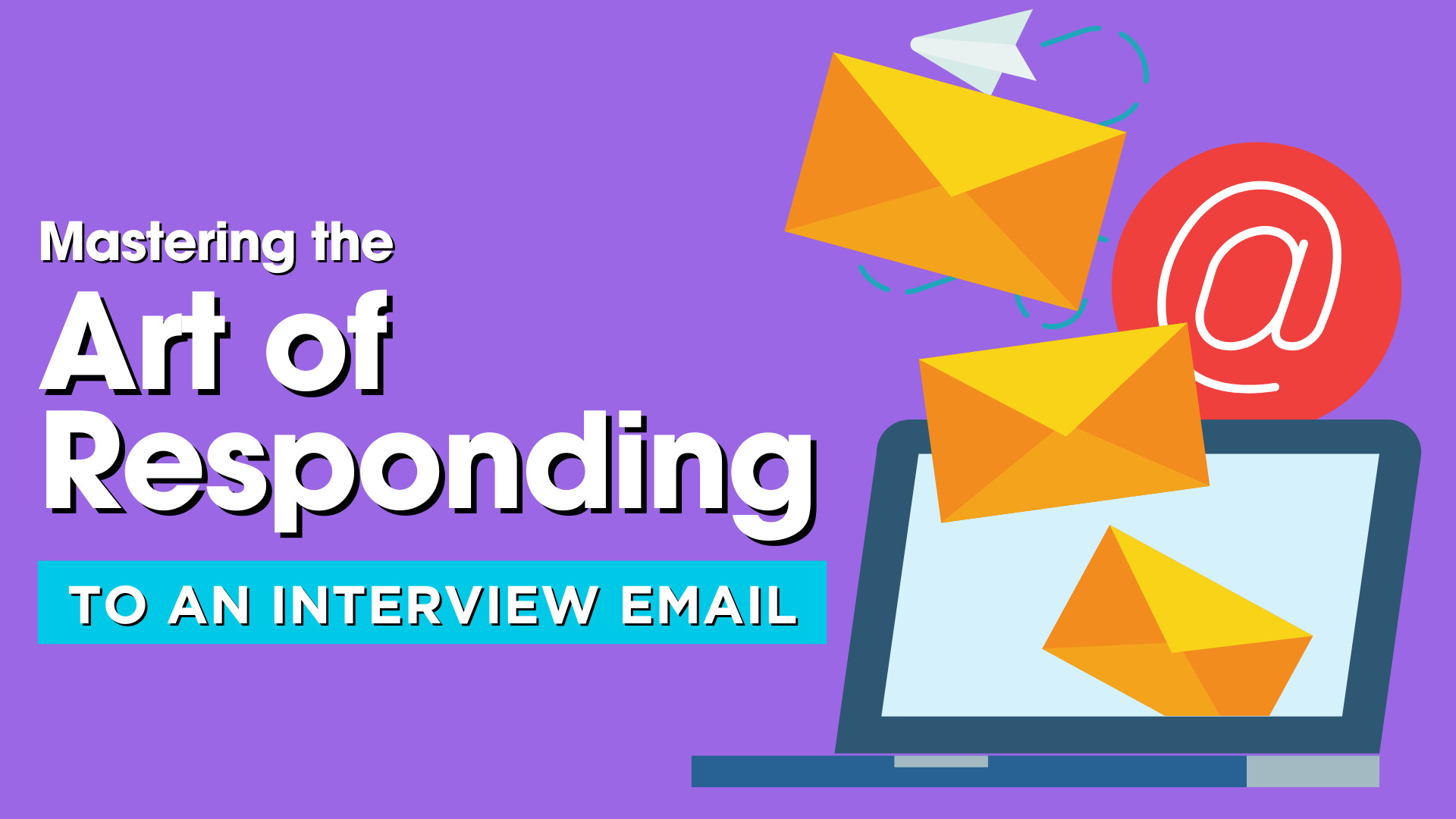In the modern recruitment process, email communication plays a crucial role. One of the most significant emails you’ll receive is the interview invitation. The way you respond can set the tone for the interview itself and can help create a positive first impression. This blog post offers step by-step advice on how to reply to an interview email professionally and effectively.
Step 1: Start with the Proper Etiquette:
When you receive an interview invitation, it’s important to respond promptly – typically within 24 to 48 hours. This shows the employer that you’re professional, enthusiastic, and organized.

Step 2: Understand and Double-Check:
Before you reply, ensure you understand the details of the interview. This includes the date, time, location (or platform, if it’s a virtual interview), the interviewer’s name, and the format of the interview.

Step 3: Write a Professional Email:
The structure of your email should be professional and to the point. Start by addressing the recipient properly, such as “Dear [Interviewer’s Full Name]”. Then, express your gratitude for the opportunity, and confirm your attendance at the scheduled date and time.

Example:
“Dear [Interviewer’s Name],
Thank you for the opportunity to interview for the [Job Title] position at [Company Name]. I am available to attend as scheduled on [Date] at [Time].
Looking forward to our meeting.
Best regards,
[Your Name]”
Step 4: Ask Your Questions:
If you have any questions or need clarifications, such as who you’ll be meeting, the expected duration, or any documents to bring, you should ask these in your response.

Step 5: Proofread:
Before sending your email, proofread it carefully to eliminate any grammar or spelling mistakes.

Step 6: Send a Reminder:
It might be beneficial to follow up with another email a day before the interview as a courteous reminder and to reaffirm your attendance.

Writing an Email to Reschedule an Interview Invitation
Sometimes, an unforeseen circumstance might necessitate that you reschedule the interview. Maybe another commitment clashes with the scheduled time or perhaps you need more time to make travel arrangements. Whatever the reason, the most crucial aspect of a rescheduling request is to communicate it as soon as possible. This demonstrates both respect for the employer’s time and your attribute of responsible communication.

Begin your email similarly as before— expressing gratitude for the invitation. Then, politely tell them about your scheduling conflict and request if another day or time would be available. You may want to suggest some alternative dates and times that work for you to show your proactive attitude and genuine interest.
An example of a rescheduling email might look like this:

“Dear [Interviewer’s Name],
I appreciate the invitation to interview for the [Job Title] position at [Company Name]. Unfortunately, I have a conflict with the proposed date and time. I am extremely interested in the opportunity and would like to know if it would be possible to reschedule the interview.
I am available on [Provide 2-3 alternatives dates and times]. However, if these times are not suitable, please let me know when you have availability, and I will do my utmost to accommodate.
Thank you for your understanding and consideration.
Best regards,
[Your Name]”
The aim here is to maintain the momentum of the conversation while also demonstrating your professional approach despite unexpected changes.
Conclusion:
From confirming an invitation, asking the right questions, and careful proofreading to crafting a rescheduling request if needed – every direct interaction with your potential employer gives you a chance to make an impression. While stressful, the recruitment process is also an exciting journey of opportunities. Each phase demands care, authenticity, professionalism, and a considerate dose of human touch. With these tips, we hope you feel better equipped to create compelling email correspondences during your job search process.






